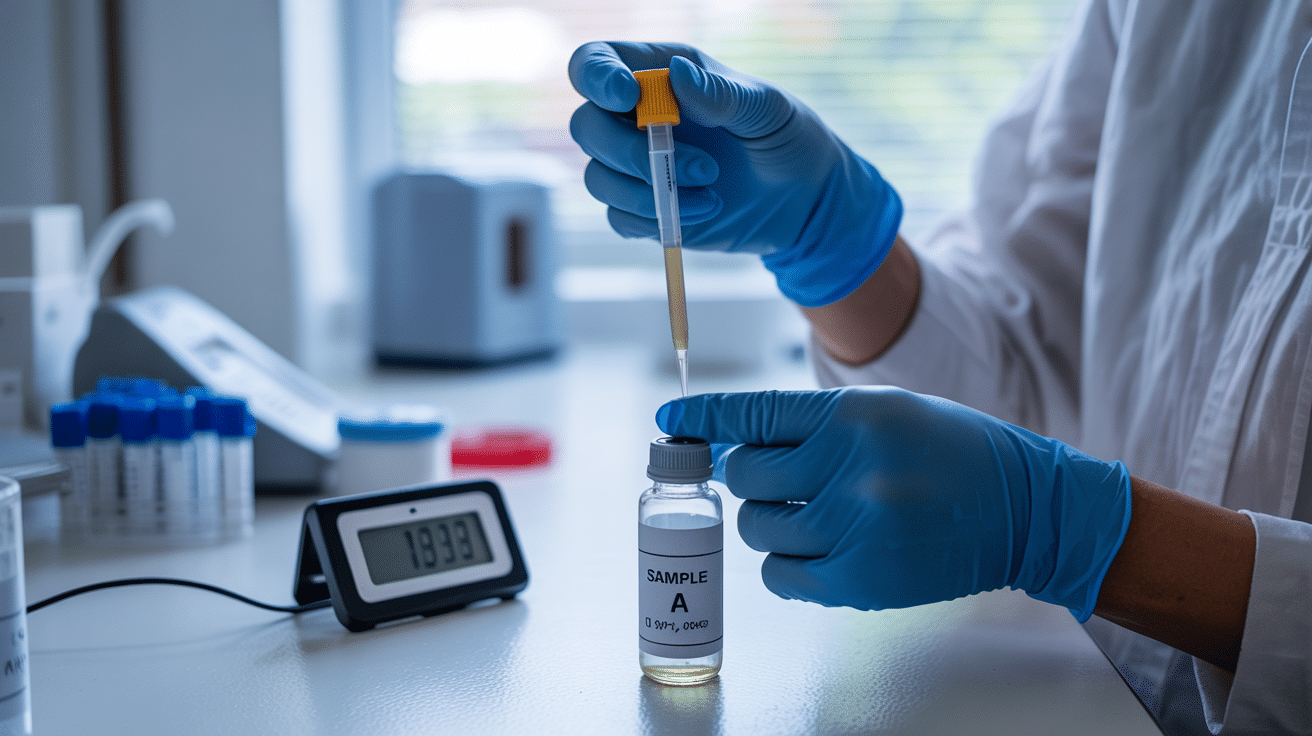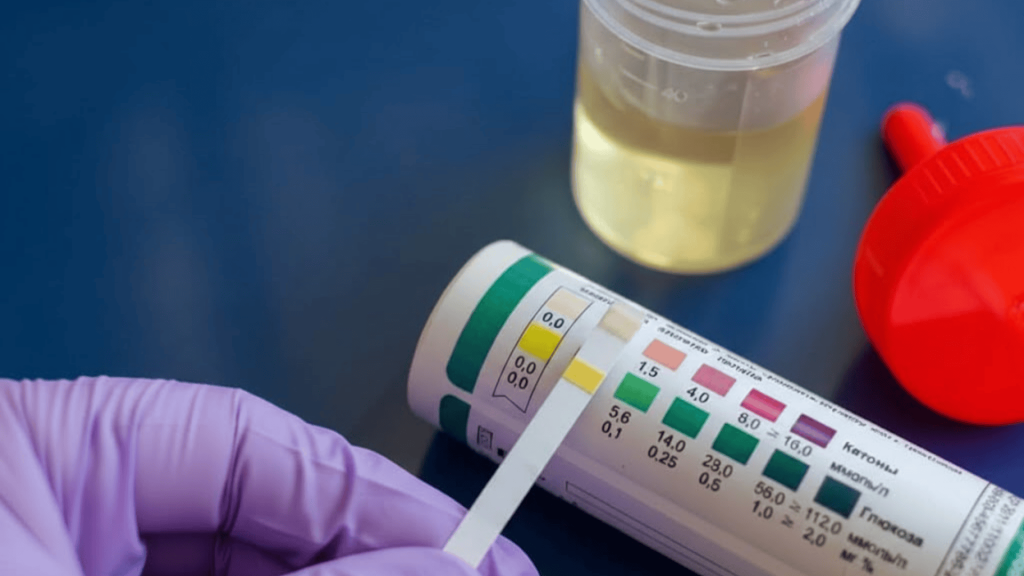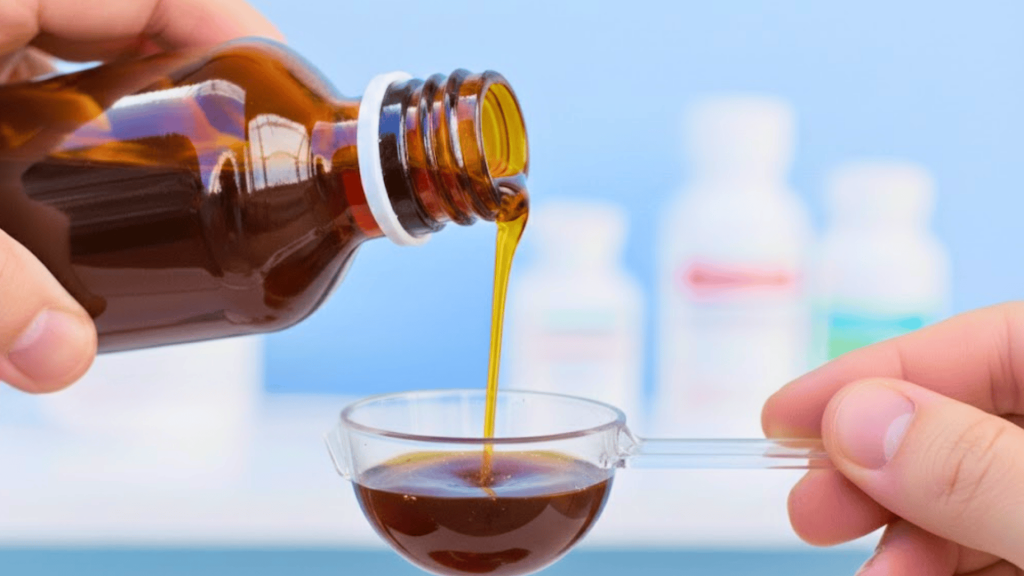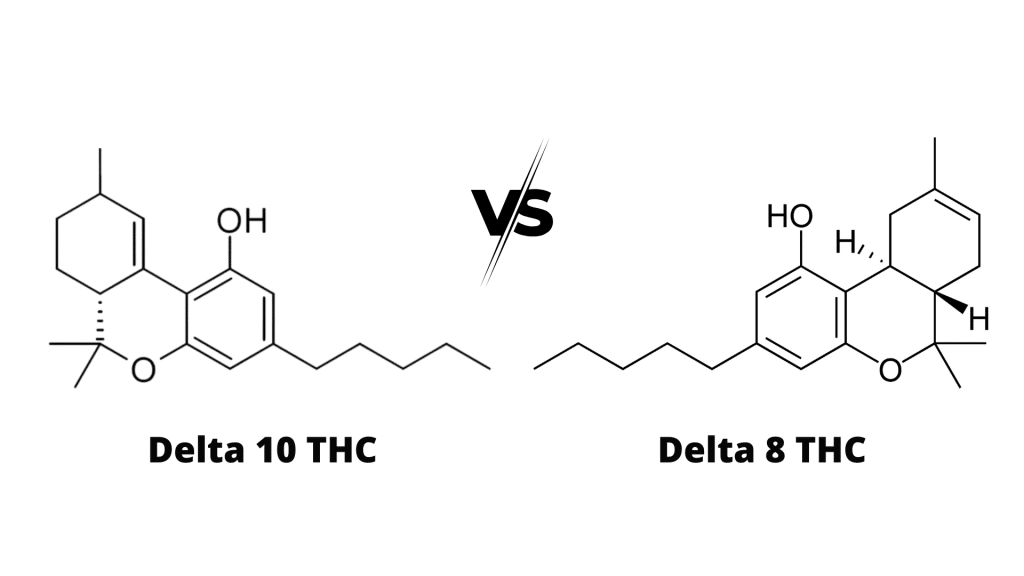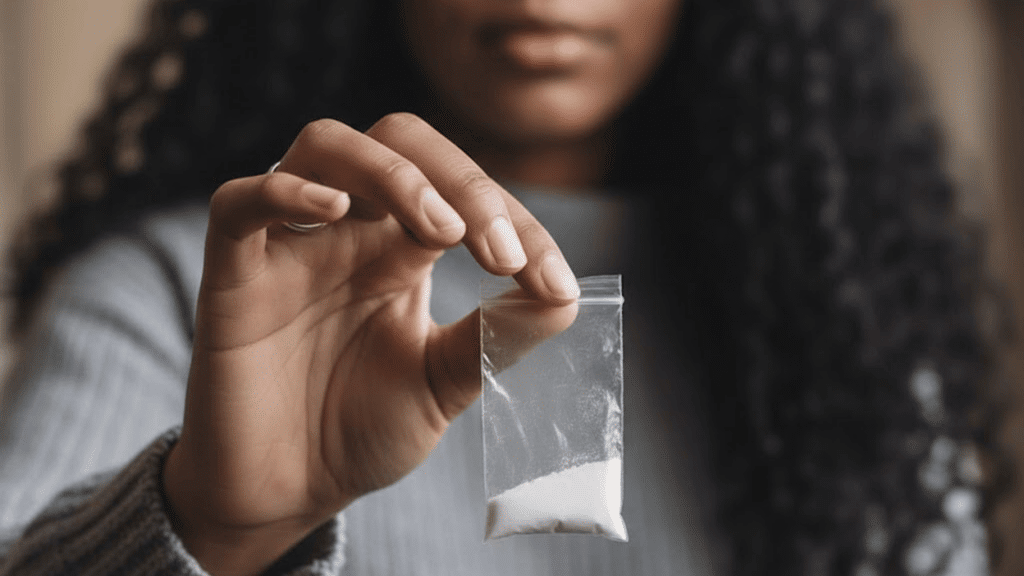That sinking feeling when you remember you have a drug test coming up and there’s a bottle of CBD oil sitting on your nightstand? I totally get it.
You’ve been using CBD for anxiety or sleep, thinking it’s completely safe since it’s legal and doesn’t get you high.
But now you’re lying awake, wondering if that innocent little dropper could cost you your job. The internet is full of conflicting information, and you just need a straight answer.
Let’s cut through the confusion and figure out exactly what you need to know about CBD and drug testing.
Basics of Drug Testing
Before we get into CBD specifics, let’s talk about how drug testing actually works and what these tests are looking for.
| Test Type | Detection Window |
|---|---|
| Urine Test | Detects substances for days to weeks |
| Blood Test | Shows recent use, typically within hours to a few days |
| Saliva Test | Detects recent use, usually 1–3 days |
| Hair Test | Can show use from up to 90 days ago |
What are They Actually Testing For?
Here’s the key thing to understand: standard drug tests are designed to detect THC and its metabolites, not CBD.
THC (tetrahydrocannabinol) is the psychoactive compound in cannabis that gets you high and is still federally illegal in many contexts.
Most workplace drug screenings use a standard 5-panel or 10-panel test that looks for marijuana metabolites, specifically THC-COOH.
These tests have cutoff levels, usually 50 ng/mL for initial screening and 15 ng/mL for confirmation, meaning you need a certain amount in your system to trigger a positive result.
The testing process typically involves an initial screening, and if that comes back positive, a more sensitive confirmation test to verify the results.
What is CBD, and how is it Different from THC?
This distinction is crucial to understanding the drug test question, so let’s make sure we’re clear on the differences.
CBD (Cannabidiol)
- Non-psychoactive (won’t get you high)
- Federally legal when derived from hemp with less than 0.3% THC
- Potential wellness benefits for anxiety, pain, and sleep
- Not what drug tests are designed to detect
THC (Tetrahydrocannabinol)
- Psychoactive compound that causes the “high”
- Still federally controlled, and what drug tests target
- Even small amounts can accumulate in your system over time
Think of it this way: if cannabis is a toolbox, CBD and THC are two different tools.
Drug tests are specifically looking for the THC “tool” because that’s the one associated with impairment and legal restrictions.
The problem comes when CBD products contain trace amounts of THC, which brings us to our next important topic.
Will CBD Show Up on a Drug Test?
Let’s address the big question directly: CBD itself should not cause a positive drug test. Standard drug screenings don’t test for CBD, and pure CBD doesn’t convert to THC in your body.
However, here’s where it gets tricky:
If your CBD product contains THC, even tiny amounts, that THC can accumulate in your system over time, especially with regular use.
- You use a full-spectrum CBD oil daily for anxiety
- Each dose contains 0.2% THC (legal amount)
- Over weeks or months, THC metabolites build up in your fat cells
- When you’re tested, those accumulated metabolites could trigger a positive result
Factors that increase your risk:
- Using full-spectrum products regularly
- Taking higher doses of CBD products
- Having a slower metabolism or higher body fat (THC metabolites are fat-soluble)
- Being tested with more sensitive methods
Types of CBD Products & THC Risk

Not all CBD products are created equal when it comes to THC content, and understanding the differences could save you from a failed drug test.
Full-Spectrum CBD
Full-spectrum CBD contains all the naturally occurring compounds from the hemp plant, including cannabinoids, terpenes, flavonoids, and up to 0.3% THC.
This small amount of THC is not enough to make you feel “high,” but with regular use, it can build up in your system.
That means there’s still a chance of failing a drug test if you’re tested frequently.
The big appeal of full-spectrum CBD is the entourage effect, the idea that cannabinoids and terpenes work better together than in isolation, amplifying the therapeutic potential.
Broad-Spectrum CBD
Broad-spectrum CBD offers a compromise between full-spectrum and isolate.
It contains a wide range of cannabinoids and terpenes, but with the THC removed or reduced to levels so low they are considered non-detectable.
This means you still get some of the entourage effect benefits without the same level of risk for THC exposure.
However, “non-detectable” does not always mean zero. Trace amounts may still exist depending on manufacturing quality and the sensitivity of testing.
While far less likely to trigger a positive drug test compared to full-spectrum, broad-spectrum products still aren’t 100% risk-free.
CBD Isolate
CBD isolate is the purest form of CBD. It’s just cannabidiol with no other cannabinoids, terpenes, or plant compounds, and most importantly, no THC.
This makes it the safest option if you’re worried about drug tests, since there’s zero risk of THC exposure. Isolate is also flavorless and odorless, making it easy to add to oils, capsules, or edibles.
However, the trade-off is that you lose the potential benefits of the entourage effect since you’re only getting CBD on its own.
Quality and Labeling Issues
One of the biggest risks with CBD products isn’t just the type you choose but the accuracy of the label. Research has shown that many CBD oils and edibles don’t actually match their advertised contents.
Some “THC-free” products have been found to contain measurable levels of THC, while others contain less CBD than promised or none at all.
This happens because of poor manufacturing practices, cross-contamination in facilities, or the lack of strict regulations in the CBD market.
To protect yourself, it’s crucial to buy from reputable companies that use third-party lab testing. These labs issue Certificates of Analysis (COAs) that clearly list cannabinoid content, THC levels, and testing for contaminants like pesticides, heavy metals, and solvents.
Reducing Your Risk of a Positive Test
| Strategy | Details & Why It Matters |
|---|---|
| Choose CBD Isolate Products Only | Pure CBD isolate has zero THC, removing drug test risk. You may miss the “entourage effect,” but avoid THC accumulation. |
| Buy from Reputable Brands | Look for third-party Certificates of Analysis (COAs) showing cannabinoid profile, THC levels, contaminant testing, and recent dates. |
| Read Labels Carefully | Avoid vague claims like “THC-free.” Look for specific terms such as “non-detect THC” or “0.0% THC,” backed by lab reports. |
| Start with Topical Products | Creams and balms are less likely to cause systemic absorption, but not 100% risk-free, as cannabinoids can still absorb through skin. |
| Consider Your Testing Situation | If you face random drug tests for work or legal reasons, even CBD isolate may be too risky. Some choose to avoid CBD entirely. |
Wrapping It Up
Look, I know this whole situation is stressful. You just want to use something natural for your wellness without worrying about failing a drug test.
The reality is that pure CBD won’t show up, but those sneaky trace amounts of THC in some products absolutely can, and they build up over time.
If you can’t afford to take any risks, stick with CBD isolate from companies that actually show you their lab results.
I get that it’s annoying to have to be this careful about something that’s supposed to be legal and safe, but your job and peace of mind are worth more than any potential benefits you might miss.
When in doubt, play it safe. Your future self will thank you.

